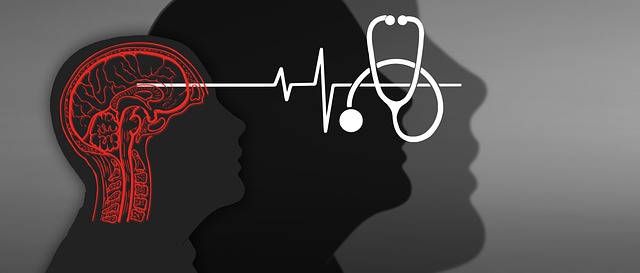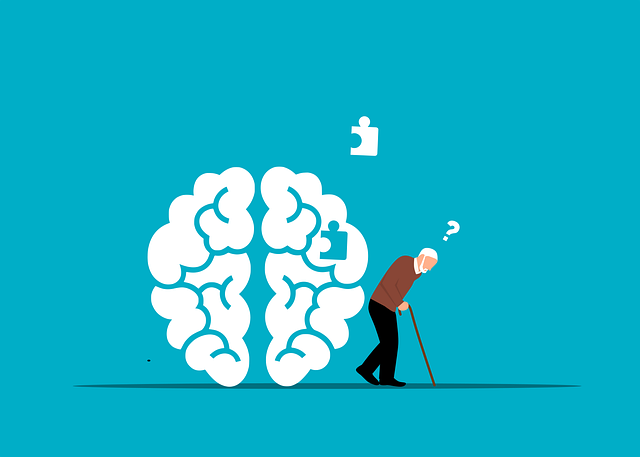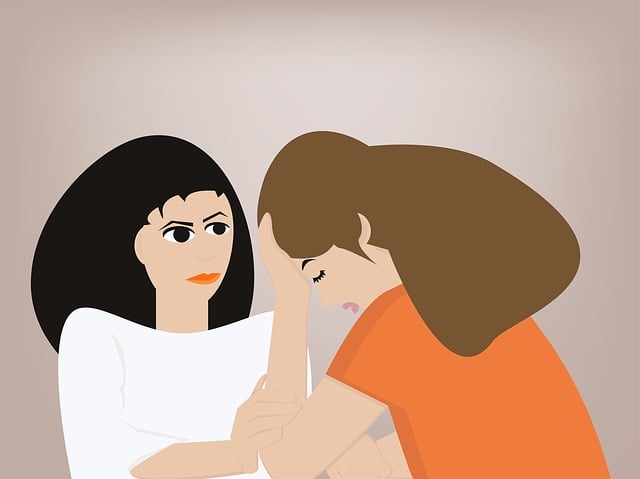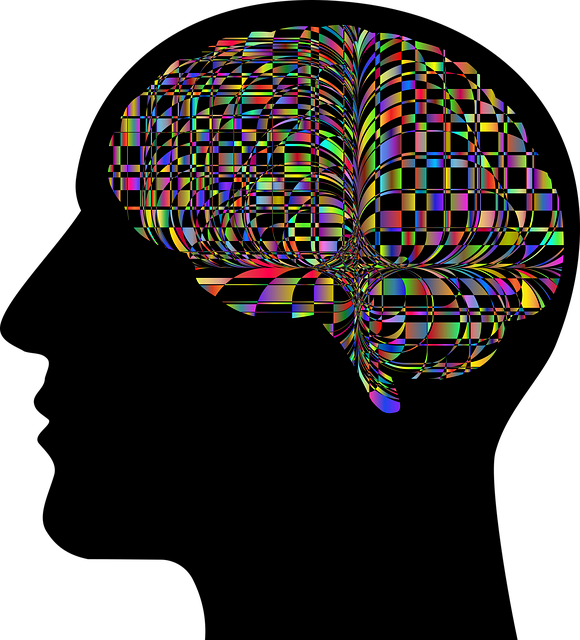Mental health diagnoses are complex, often hindered by limited resources, provider biases, and cultural differences, leading to misdiagnoses like mistaking anxiety/depression for ADHD. Castle Rock Learning Disability Therapy (CRLDT) addresses this issue through comprehensive training programs like Cultural Competency Training, public awareness campaigns reducing mental illness stigma, and advanced technology in assessment. CRLDT's tailored services, combining evidence-based practices and specialized centers, enhance diagnosis accuracy and personalize treatments. They also focus on stigma reduction and empower individuals with proactive healthcare solutions like depression prevention initiatives.
Mental illness diagnosis accuracy is paramount for effective treatment. However, misdiagnoses are common due to complex symptoms and limited tools. This article delves into strategies aimed at improving diagnostic precision, focusing on understanding the challenges of misdiagnosis, implementing innovative tools and training, and exploring specialized centers like Castle Rock Learning Disability Therapy as models for success. By examining these approaches, we can enhance patient care and outcomes.
- Understanding the Challenges: Uncovering Misdiagnoses and Their Impact
- Innovative Strategies: Enhancing Diagnostic Tools and Training
- The Role of Specialized Centers: Castle Rock Learning Disability Therapy as a Model for Success
Understanding the Challenges: Uncovering Misdiagnoses and Their Impact

Mental health diagnoses are complex processes, and misdiagnosis can have profound effects on individuals’ lives. Many factors contribute to these errors, from limited access to resources and specialized services to healthcare provider biases and cultural misunderstandings. For instance, individuals from diverse backgrounds might experience mental health conditions uniquely, influenced by their cultural contexts and experiences. This complexity often leads to misidentifying symptoms or attributing them to the wrong disorders, such as mistaken diagnoses of attention-deficit/hyperactivity disorder (ADHD) in those with underlying anxiety or depression.
Castle Rock Learning Disability Therapy highlights the need for comprehensive training programs like Cultural Competency Training for healthcare providers. These initiatives focus on raising awareness about diverse mental health expressions and fostering empathy through Building Strategies that promote understanding between patients and practitioners. Additionally, Public Awareness Campaigns Development plays a vital role in educating communities about mental illness, reducing stigma, and encouraging early interventions. Such efforts collectively contribute to improving diagnosis accuracy and ensuring individuals receive the appropriate support and treatment for their unique needs.
Innovative Strategies: Enhancing Diagnostic Tools and Training

In an era where mental health awareness is increasingly taking center stage, efforts to enhance diagnosis accuracy are more crucial than ever. One of the primary avenues for improvement lies in innovative strategies that revolutionize diagnostic tools and training methods. Castle Rock Learning Disability Therapy, for instance, has emerged as a game-changer, integrating cutting-edge techniques to refine assessment processes. By combining advanced technology with evidence-based practices, mental health professionals can now leverage sophisticated analytical tools to interpret complex data more effectively.
These advancements are not limited to technological solutions; they also encompass comprehensive training programs that equip practitioners with enhanced self-awareness exercises and emotional well-being promotion techniques. Such initiatives foster a deeper understanding of various mental health conditions, enabling professionals to make more nuanced diagnoses. Through regular workshops, simulations, and peer discussions, mental health workers can improve their skills in recognizing subtle symptoms, reducing potential biases, and tailoring interventions for individual needs—ultimately leading to better patient outcomes.
The Role of Specialized Centers: Castle Rock Learning Disability Therapy as a Model for Success

Specialized centers play a pivotal role in enhancing mental illness diagnosis accuracy by offering tailored services for diverse conditions. One outstanding model is Castle Rock Learning Disability Therapy, which has achieved significant success in addressing learning disabilities and related challenges. This center employs a comprehensive approach, combining advanced assessment methods with evidence-based therapies. By doing so, it ensures accurate diagnoses and personalized treatment plans that address the unique needs of each individual.
The focus on mental illness stigma reduction efforts is integral to their strategy. Castle Rock Learning Disability Therapy fosters an environment of understanding and support, aiming to improve not only diagnosis but also overall community attitudes toward mental wellness. Additionally, they have developed innovative programs, such as depression prevention initiatives and mental wellness coaching, which contribute to proactive healthcare solutions. These efforts demonstrate the center’s commitment to not just treating symptoms but empowering individuals to maintain long-term mental health and well-being.
Mental illness diagnosis accuracy is a multifaceted challenge that requires innovative strategies. By enhancing diagnostic tools and training, we can significantly reduce misdiagnoses and their detrimental effects. Specialized centers like Castle Rock Learning Disability Therapy serve as exemplary models, demonstrating the impact of tailored approaches. These efforts collectively foster more precise and effective mental health care, ensuring individuals receive the appropriate support they need.














